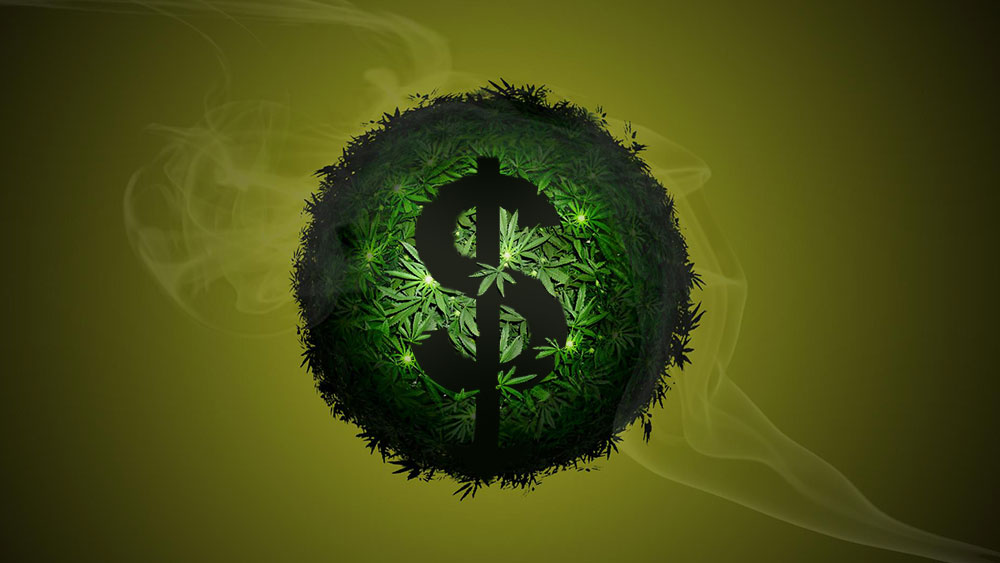In a recent interview for Global News, Canada’s Health Minister Ginette Petitpas Taylor said that displacing the black market is possible if the product is priced competitively. Was this the case in the US?
As of October 17, you — a proud Canadian — will be able to walk across the street and buy cannabis from a store. When you go inside, a completely new universe will open up to you and you’ll be able to consult an Agent Smith lookalike of a budtender, and they will suggest some strains. Then, you’ll buy weed produced by an ACMPR licensed producer and, in doing so, you’ll help Canada destroy the black market once and for all.
Sarcasm aside, if you’ve been following the cannabis market you know that it doesn’t produce too many fairy tales. Behind many unconfirmed health effects of cannabis, shady websites, telemedicine apps and legislations lies a web of investors and corporations with one common goal in mind. To make money.
Now, legalization is one form of making money, and in the case of psychoactive drugs it makes sense. Why would the government pursue people who consume a particular substance just as equally as they pursue people who distribute it. Legalization takes care of that by allowing people to consume whatever they want, while nipping away the illegal distribution and replacing it with the companies they have full control of. The government makes money, the businesses make money, and we enjoy ourselves.
Is this too good to be true?
Yesterday I was watching a Global News interview with Health Minister Ginette Petitpas Taylor, where she said that there are two sides to disturbing the black market:
- Keeping kids safe and making sure under-aged individuals don’t have access to cannabis
- Providing competitive product pricing
Health Minister added that to achieve #2, we ought to follow our cousins in the States, who managed to significantly displace the black market.
Being familiar with the ins and outs of the entire market in the US, this sounds too good to be true. I mean, the black market in Canada has been operating ever since the first person got high and decided to get high the second time around, thus creating the demand. The black market is alive and well, with lower prices and loyal customers who actually don’t think their dealer is a horrible person. Displacing it should be much more difficult than just opening a few stores?
Upon investigating this topic, I found that our cousins in the States have actually not displaced their black market significantly.
According to the DEA, cannabis trafficking increased threefold from 2014, which is when Colorado legalized recreational marijuana. CBC actually interviewed one DEA supervisor, who said the following:
“You find drug trafficking organizations moving here, setting up shop in Colorado and sending it back to their home states where they can sell it at incredible profit.”
The main recipients of Colorado’s black market weed are Florida, Illinois and Texas. Here we get to question the premise that if cannabis is legalized on a federal level, then there’s less danger from the local black market?
Wrong, because the possibilities of the local black market often outweigh the offering of the government. In Denver you have dealers who source product from craft growers (or grow their own) ready to deliver in one hour, at a cheaper price. These dealers are able to sell to anyone possibly prohibited from consuming legal weed (people operating machines, nurses ,etc.). The case is similar in Canada.
The fact that the Canadian black market will be destroyed with legalization of cannabis is, at best, utopianism.
Besides dealers, there are thousands of dispensaries still operating in Canada, all of which are cheaper and have less restrictions than the current legal system. According to Statistic Canada, in 2017, Canadians spent $1,200 per person on weed, at $7.48/gram. As much as 90% of those sales came from the black market.
And how does Canada plan to compete with the black market? By not letting cannabis companies advertise and promote their business.
If I had one thing to suggest to the Canadian government, it’s to open up the gates on cannabis advertising and promotion, as they are the only thing that is able to systematically destroy the black market. Allowing the legal cannabis businesses to promote their services and products on mainstream media will make sure that Canadians get exposed to cannabis brands in all stages of purchasing, which will at least offer one advantage over the ever-present illegal and grey markets.




